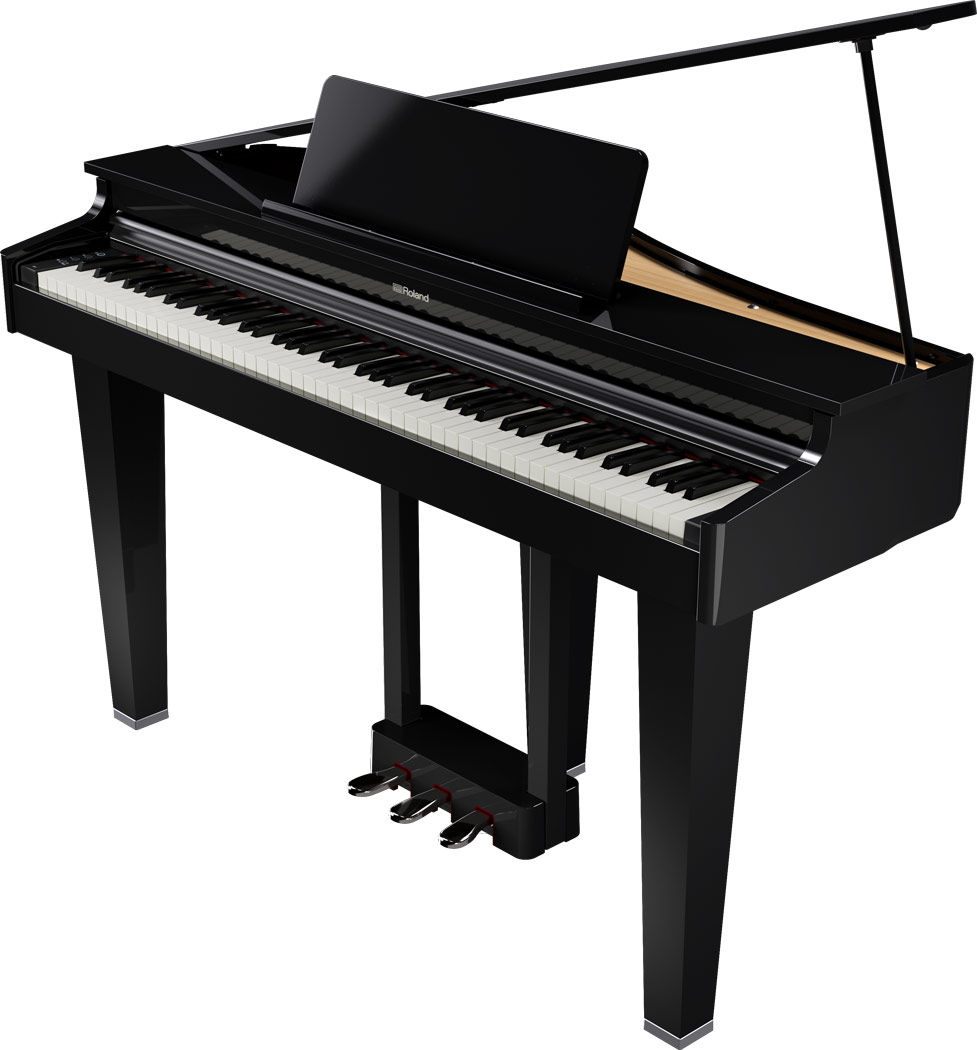
Most people playing on digital pianos, or even the digital piano teachers, don’t actually know too much about it. That effects with many different unsatisfying purchases, meaning instruments, that don’t live up to whatever is required of them, and also big portions of wasted money. Plenty of people make their purchase decisions solely on the looks of the instrument, or its low price. Others might buy it after a flawed recommendation from an incompetent shop assistant, or an inexperienced teacher, only because one could play well enough to impress their student.
A sole fact that somebody is able to play the piano very well, or just talks about it a lot, doesn’t make an expert of that person. What’s more, there are teachers that can’t even pronounce some names of piano models correctly, and not to mention any knowledge on their functionality and options. The fact we’re getting any advice from others, doesn’t mean that all of them are the best for us, or even correct. Most shop assistants would probably have a very faint idea about digital pianos specifically. There are people that will make up things and lie, just to sound like somebody who knows what’s it all about. It’s all great until a potential client sees through all of that. If they do see it in the end… Of course it’s not a rule, and in some music shops you can also stumble upon some very professional specialists.
If we intend to play classic music, pop, jazz, blues, or some other kind of music, we have to confront it with our skills, and we get a number of digital pianos that are more or less suitable for us.
Some people might aspire to stay on a beginners level, meaning just to play from time to time, or as a form of a hobby, with no interest in becoming a professional classic music performer. Other might have a need to compose, arrange and record for example some jazz music. There are plenty of different ways to exploit your piano, and it’s possible to adjust some specific models strictly to our needs.
So we come to that moment when it’s time to think a bit more about our desires and music plans, more specifically, what and how we want to play. There’s no reason in buying a professional stage instrument while we only intend to play for ourselves, or for our friends at our own home from time to time. On the other hand, it’s a waste of money when a professional musician buys a low budget instrument, seeing as it won’t ever get close to having satisfying quality. In that case, we have some guidelines that concern the sound, keyboard type, or other functions, for example functions that might be found useful on stage.
The next thing is our budget. It’s usually the factor that is limiting us in a way. If we can’t afford the instrument that is suitable for us, there are two options. One way is to be responsible and wait out until we muster up some extra money for what we really need, and another way is to try and find a used instrument, which surely comes cheaper. No matter which way we choose, it’s important to keep your cool and not buy anything that would disappoint us very quickly.
If we don’t want to get our heads full of useless advice, we’d recommend to search for as much detailed information as it’s only possible with every given model we think of. There’s plenty of different websites with reviews and descriptions, or places where we could ask some specialists to help us.
We might have discredited some people that tend to claim they’re experts, but it’s very important to be careful. Luckily there’s also people that know their facts and can point us to the right direction. How can we find them? It’s probably the best to ask your fellow musicians, if only you have a chance. It’s highly possible that people with more experience already could have met with some solid experts. Another way is to go through the internet, people with a lot of knowledge very often help others on public message boards etc.
